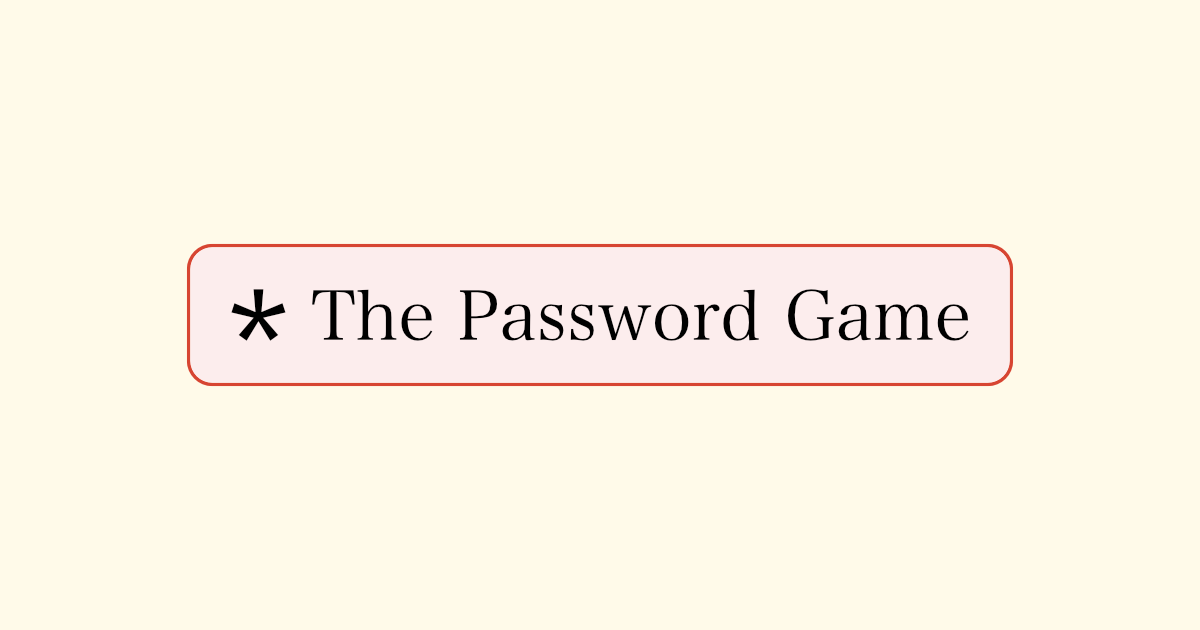round three
Unfinished questions from before still count
🏅 Top traders
| # | Trader | Total profit |
|---|---|---|
| 1 | Ṁ31 | |
| 2 | Ṁ0 |
People are also trading
You are in the center of a square. The sides of the square are reflective. You shoot a laser bullet in a random direction. What's the chance that the bullet hits you? How long would you expect it to take?
Problem: Alien Language Translator
You have been given the task to develop a translator for an alien language recently discovered by humanity's deep space probes. This language, let's call it Xenoglossia, is not a linear language like most human languages—it's multidimensional. Each 'word' in Xenoglossia is a set of coordinates in n-dimensional space, and the 'meaning' of a word is determined by its relationships to other words.
You have access to a 'dictionary' of Xenoglossia words. Each entry in the dictionary is a tuple where the first element is a list of n integers (representing a 'word' in Xenoglossia, the coordinates in n-dimensional space), and the second element is a string (representing the meaning of the word in English).
Given a 'sentence' in Xenoglossia (a sequence of 'words', i.e., a list of lists of n integers), your task is to translate it into English.
Write a function alien_language_translator(dictionary, sentence) that accomplishes this.
Inputs:
- dictionary: a list of tuples. Each tuple contains a list of n integers (1 ≤ n ≤ 10, -10^5 ≤ integer ≤ 10^5) and a string of 1 to 50 printable ASCII characters.
- sentence: a list of lists. Each inner list represents a 'word' and contains n integers.
Output:
- The function should return a string, the translated sentence in English. The words should be separated by spaces. If a word is not found in the dictionary, replace it with the string "UNKNOWN".
This is weirdly written but if I'm understanding this correctly this is trivial?
javascript:
function translate(dict, sentence) {
dict = Object.fromEntries(dict. map(a => [JSON.stringify(a[0]), a[1]]))
return sentence .map(a => dict[JSON.stringify(a)]) .join(' ')
}
assert.deepEqual(translate( [ [[0, 1, 2], 'foo'], [[1, 2, 3], 'bar'], [[2, 3, 4], 'baz'] ], [ [ 2, 3, 4 ], [ 1, 2, 3 ], [ 0, 1, 2 ]]), 'baz bar foo')
In the realm of 4-dimensional space, you are a programmer working for an interdimensional company. They have a system of transportation that works by navigating through the inside of a Klein bottle. However, they need an algorithm that can find the shortest path from any given point A to point B within the Klein bottle.
A Klein bottle is a closed surface with no interior and no exterior. You can go from the 'inside' to the 'outside' without crossing any border. For this reason, this transportation system is complicated as you can end up where you started by continuously moving in a straight line.
The Klein bottle can be represented as a 2D grid where opposite edges are connected:
- The left edge is directly connected to the right edge (representing the loop that returns to itself).
- The top edge is connected to the bottom edge but with a twist (this represents the unique property of the Klein bottle where the handle loops back and connects with itself).
The grid is an N x M grid. Each cell of the grid represents a small unit of space within the Klein bottle. Each cell is either empty (represented as 0) or blocked (represented as 1). The transportation system can only travel through empty cells. Traveling from one cell to an adjacent cell (up, down, left, or right) takes exactly 1 unit of time.
Write a function `klein_bottle_solver(grid, point_A, point_B)` that returns the shortest time it takes to get from point_A to point_B.
Huh, no search results, but there's a clean writing style that suggests you didn't just casually come up with them yourself in the last few minutes. Were these generated by gpt (doesn't seem like it on a second look actually)? Where did they come from?
edit: After looking at the alien problem, strongly suspect GPT, because it seems weird?
I didn't, but there's no requirement that I complete every puzzle that's presented to resolve no otherwise someone could just post something I don't find interesting, or 'find a string whose sha3 is all zeroes'
Have you tried the unsolved millenium prize problems?
